The history of building and defending the country of the Vietnamese people from ancient times to the present is closely associated with the tradition of patriotism and fighting against foreign invaders.
That speaks to a great desire of our people, always wishing for national independence and freedom for the people, and that is also a sacred, immortal spiritual value of the nation, of which President Ho Chi Minh is the embodiment.
Fighting against colonialism and gaining national independence was the greatest aspiration, motivation and goal throughout President Ho Chi Minh's life, helping him have enough courage to overcome all hardships and challenges on the journey to save the country and liberate the nation: "If the Fatherland is independent, everyone is free. If the country is lost, everyone will be enslaved" (1). During 30 years of wandering abroad, with countless dangers and hardships, he always affirmed without wavering: "Freedom for my compatriots, independence for my Fatherland, that is all I want". Then when he returned to the country to lead the revolutionary movement, no matter what the circumstances, when "hiding in the mountains, or going in and out of prison, rushing into danger" (2), he always thought only of the country and the people, forgetting himself.

The Declaration of Independence on September 2, 1945 still shines with reference values for the present. Photo: Archive
Leading the people to victory in the August Revolution of 1945, President Ho Chi Minh and the Declaration of Independence read by him on behalf of the provisional government at Ba Dinh Square on September 2, 1945, turned the aspiration for independence and unification of the entire Vietnamese people into reality. The Declaration of Independence is a great national founding document, an immortal masterpiece of President Ho Chi Minh's theory and ideology of national independence, including independent and autonomous thoughts on foreign affairs.
President Ho Chi Minh's spirit of independence and creativity in foreign affairs activities is reflected in his proactiveness and self-determination in correctly determining Vietnam's role, position and interests in international relations, while objectively assessing the current international environment, correctly identifying opportunities and challenges in order to formulate appropriate foreign policies, serving the legitimate interests of the nation, ensuring national territorial integrity. The main principle throughout this motto is: "If you want others to help you, you must first help yourself" (3). Independence and self-reliance means relying mainly on your own strength, thinking, researching, and setting out policies, strategies and measures to solve your own country's problems; referring to international experience; seeking the consensus, support and assistance of international forces but not accepting any pressure from the outside, not allowing yourself to become a pawn in the hands of any force.
In the 1945 Declaration of Independence, viewed from the perspective of international relations, the viewpoint of independence and self-reliance is clearly expressed with the goal of national independence, with the belief that it is just, that it is right, and the heroic examples of the peoples of the world in the spirit of the French and American revolutions. Based on the rights of freedom, equality and human rights - "rights that no one can violate" recorded in the Declaration of Independence of the American Revolution in 1776, the Declaration of the Rights of Man and of the Citizen of the French Revolution in 1791, right in the opening of the Declaration of Independence of 1945, President Ho Chi Minh affirmed the sacred, immutable values of national rights: "All peoples in the world are born equal, every people has the right to live, the right to be happy and the right to be free... these are undeniable truths" (4).

Audio recording of President Ho Chi Minh's Declaration of Independence on display at the Ho Chi Minh Museum.
According to President Ho Chi Minh, the above “irrefutable truths” must be fully and deeply understood so that the national independence of all peoples in the world can be recognized. Therefore, the first message that President Ho Chi Minh sent to the world community through the Declaration of Independence in 1945 was: Vietnam must be independent, the Vietnamese people must be free, that must be a “natural” thing, because that is the right “God” bestowed upon them. Yet the Vietnamese people had to go through many sacrifices, hardships, losses and disadvantages to rise up and reclaim what they had. The August Revolution of 1945 was the continuation of the struggle for national independence, freedom, and human rights in the flow of the progressive movement around the world, an inevitable step on the evolutionary path that humanity has taken and will continue to take. Therefore, the independence of the Vietnamese people achieved after that revolution must be respected, and equality between nations and peoples around the world must be seriously implemented.
Therefore, the next important content in the 1945 Declaration of Independence is that President Ho Chi Minh affirmed the international role of big countries, the international responsibility towards small countries to ensure equality among nations, to ensure that less fortunate, underdeveloped countries inherit independence according to the United Nations Charter, and are free to develop, progress and be peaceful. He called on big countries such as the US, UK, India... to recognize Vietnam's independence because: "A nation that has courageously fought against French slavery for more than 80 years, a nation that has courageously stood with the Allies against fascism for several years, that nation must be free! That nation must be independent!"(5).

The bas-relief depicting Uncle Ho reading the Declaration of Independence is on display at the Ho Chi Minh Museum.
The 1945 Declaration of Independence also expressed President Ho Chi Minh's very modern and contemporary foreign policy viewpoint: Vietnam is ready to cooperate with all countries, including those with a hostile or confrontational past, as long as they recognize Vietnam's independence, sovereignty and territorial integrity. That is the Vietnamese tradition of tolerance and humanity, the spirit of devotion to peace, a factor that makes up the strength of the Vietnamese people, along with patriotism and the will to fight and win. Referring to the relationship with France, President Ho Chi Minh frankly declared that he "declared complete separation from colonial relations with France" (6).
This message needs to be clearly understood: we do not accept the colonial rule of France, but we do not abandon the friendly relationship between Vietnam and France, but we are ready and proactive in building the friendship between Vietnam and France, sincerely cooperating and cooperating comprehensively with the French government and people. With the Allies, President Ho Chi Minh always had a consistent view of gaining support, "binding" the Allies with a gentle attitude, understanding the consistent viewpoint of the determination to fight for the independence and freedom of the nation - a just cause that the Allies still uphold. The Declaration of Independence clearly stated that, in complete contrast to France's attitude of sabotaging the Allies, in Vietnam, if there was any force that truly stood on the side of the Allies against fascism, it could only be the Vietnamese people under the leadership of the Viet Minh.
78 years have passed since the fall of the Democratic Republic of Vietnam, a completely new state in the thousands of years of history of the Vietnamese people, bringing about a historic change in the lives of the Vietnamese people when they received the achievements of "independence - freedom - happiness". The world has gone through many changes and there are still many unpredictable changes that threaten peace, friendship and cooperation for development. However, the independent and autonomous foreign policy viewpoint expressed in the Declaration of Independence on September 2 of that year still shines with reference values for the present.
Correctly and creatively applying President Ho Chi Minh's independent and autonomous foreign policy ideology, in the current context, we must firmly maintain and consistently implement an independent and autonomous foreign policy, placing national and ethnic interests above all; develop the socio-economy, strengthen national defense and security potential, create the combined strength of the nation; combine national strength with the strength of the times, link the Vietnamese revolution with the world revolution; continue the open, multilateral, diversified diplomatic policy, and multi-faceted cooperation with all countries and international organizations on the principles of respecting each other's independence, sovereignty, and territorial integrity, non-interference in each other's affairs, equality, mutual benefit, and resolving existing disputes by peaceful means. Only then can Vietnam affirm its position as "a friend, a reliable partner and an active, responsible member of the international community" as determined in the 13th Party Congress Document.
(According to qdnd.vn)
Source



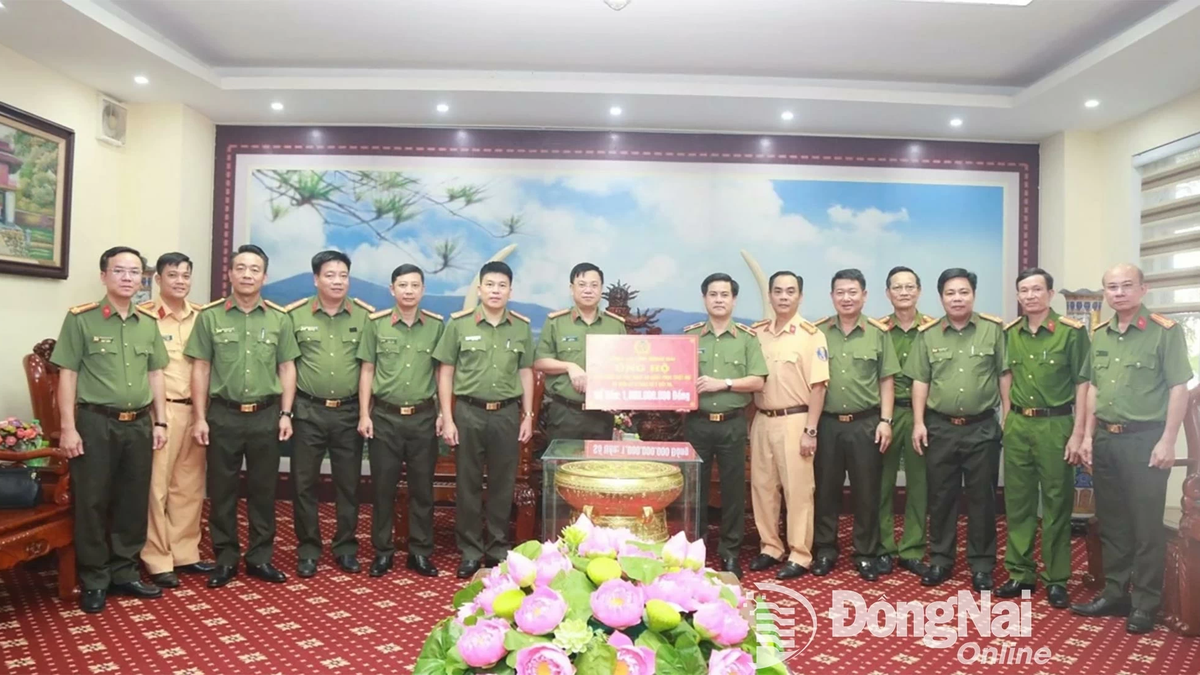
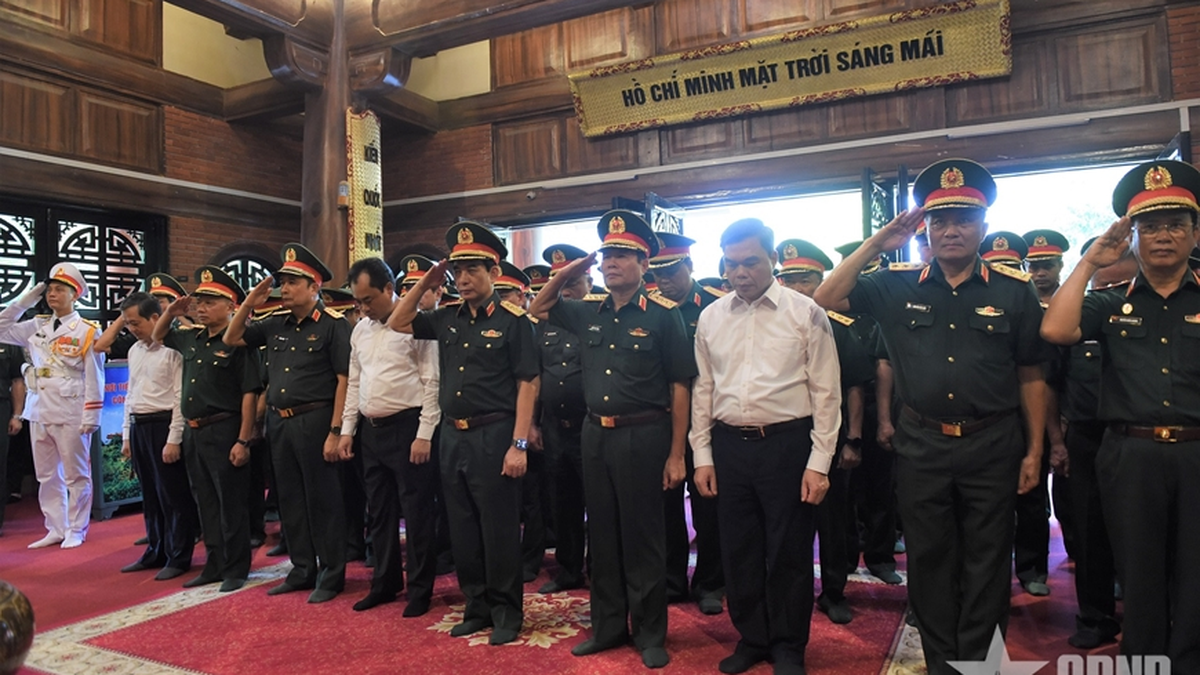
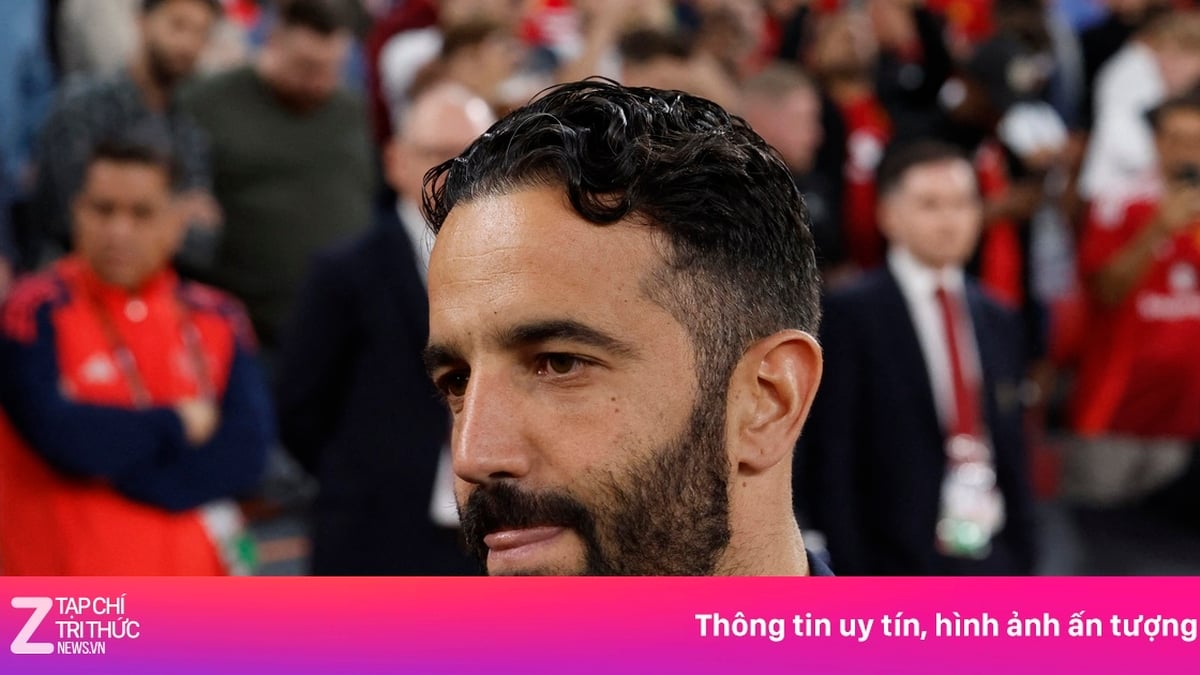

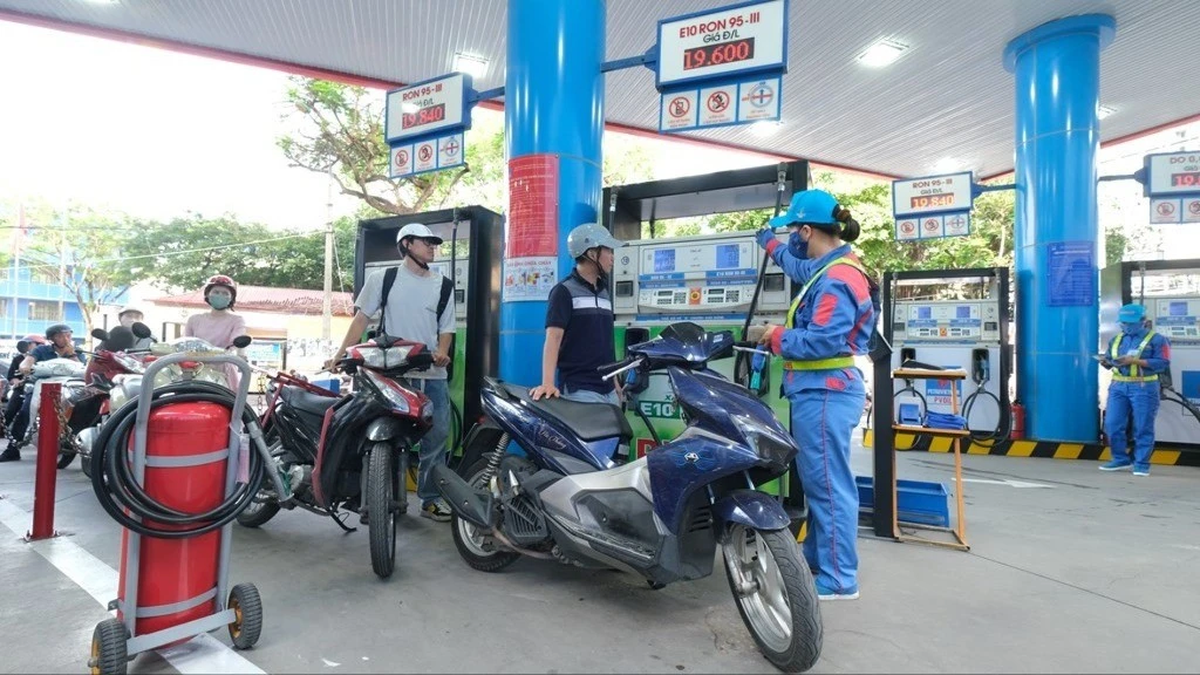
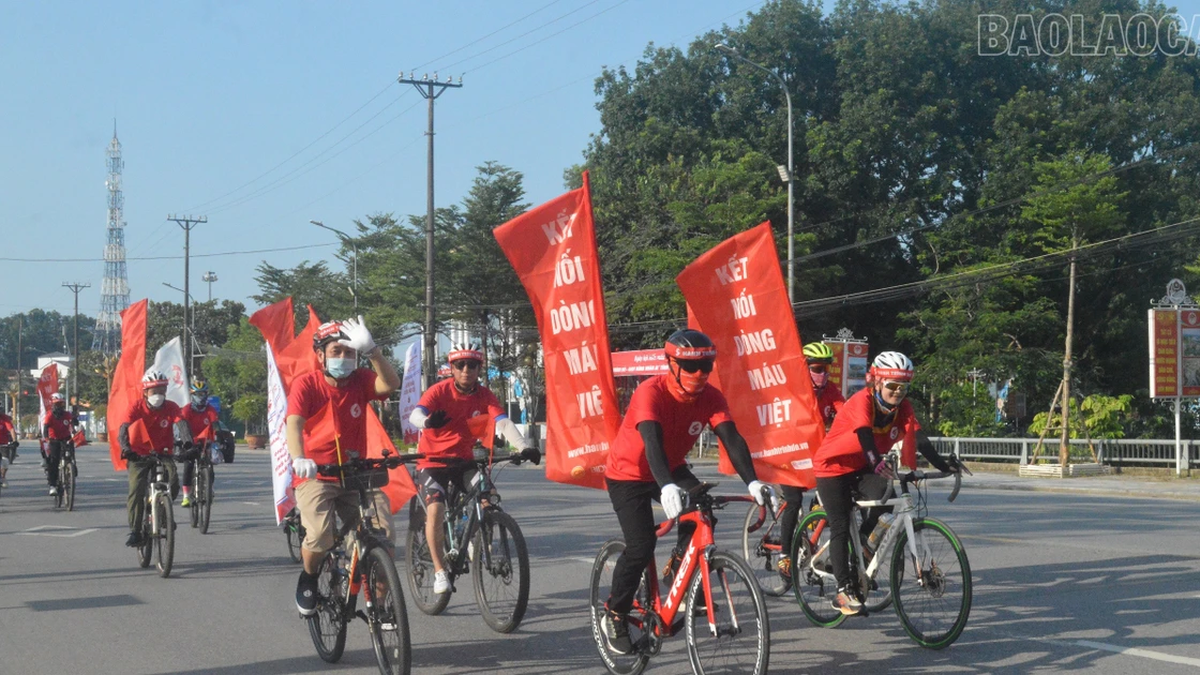

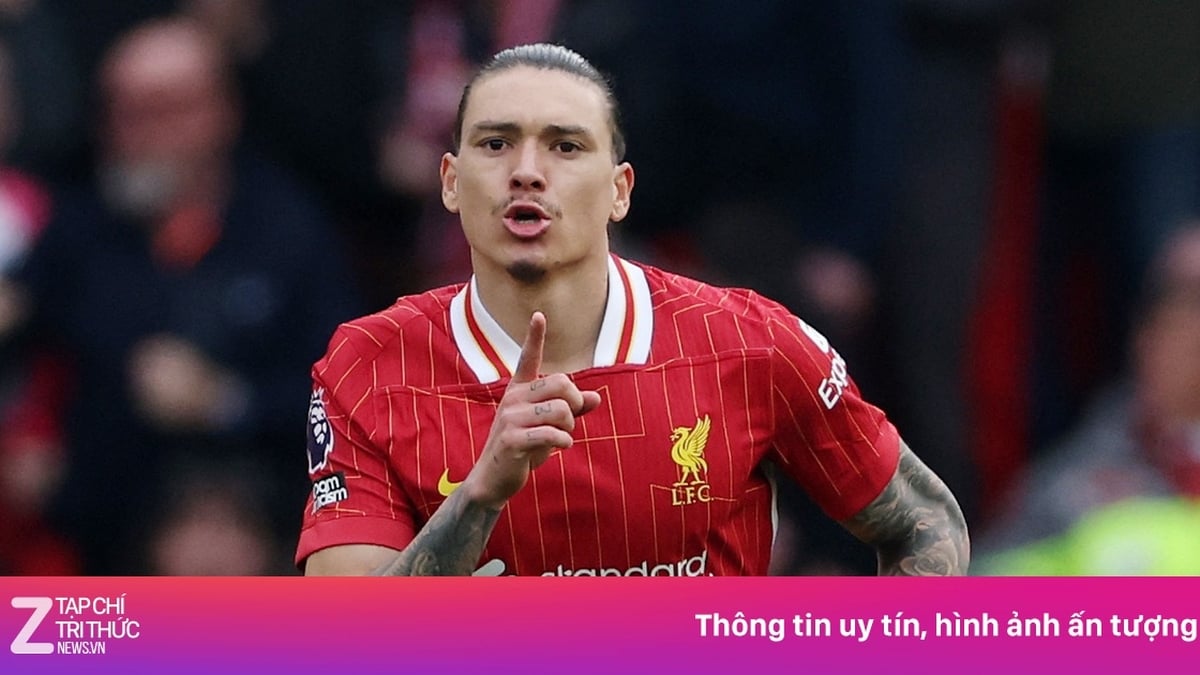
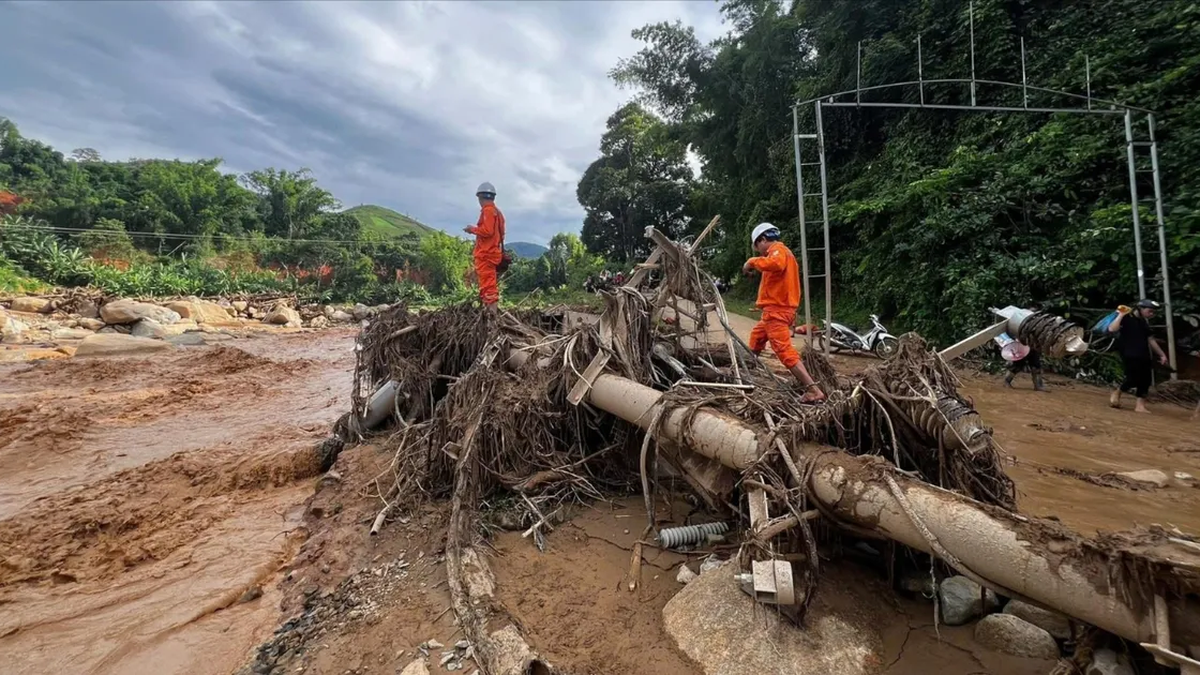





















































































Comment (0)